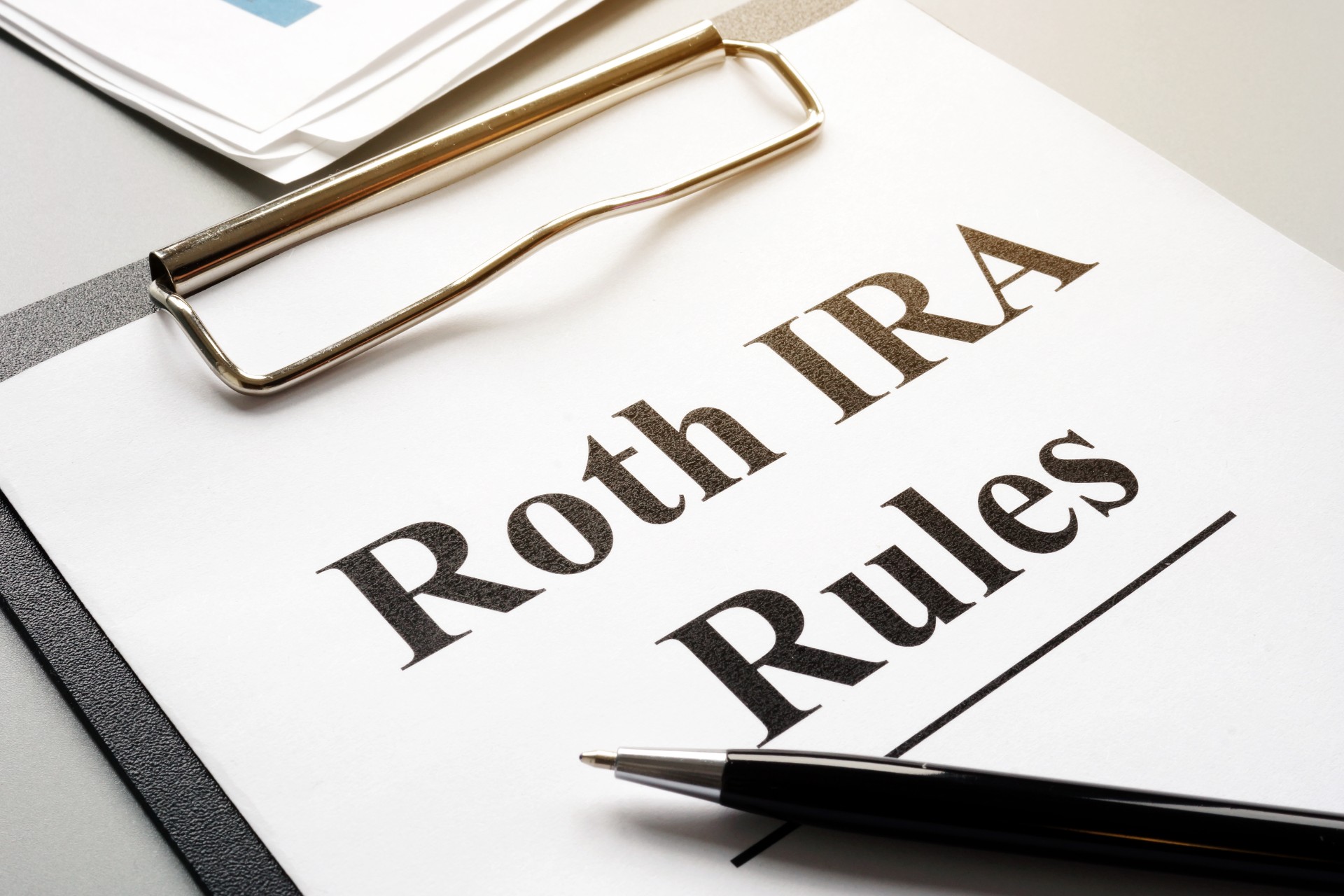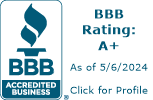What is a Roth IRA?
A Roth IRA is a type of individual retirement account (IRA) that allows individuals to contribute after-tax dollars with tax-free investment growth. This differs from traditional IRAs, which are typically funded with pre-tax dollars.
What are the benefits of a Roth IRA?
All earnings in a Roth IRA, including interest, dividends, and capital gains, are tax-free when withdrawn as long as the account owner is over the age of 59 1/2 and has held the account for at least five years, with a few exceptions. This tax-free growth can have a significant tax savings over time, especially if an individual expects to be in a higher tax bracket in retirement.
Another benefit of a Roth IRA is that there are no Required Minimum Distributions (RMDs) during the account owner’s lifetime, unlike traditional IRAs. Therefore, the funds in a Roth IRA can continue to grow tax-free through the remainder of the account owner’s life, and any remaining balance in the Roth IRA upon death can be passed to the account owner’s beneficiaries tax-free as well.
Roth IRAs can be a useful tool for individuals looking to save for retirement while minimizing their lifetime tax liability.
How to get money into a Roth IRA?
Make a Direct Roth Contribution – If your Adjusted Gross income (AGI) is below a certain threshold set by the IRS. Making a Roth IRA contribution can be as simple as writing a check.

Income Eligibility Rules for 2023
- Married Filing Jointly
- AGI Below $218,000 full contribution.
- AGI between $218,000 and $228,000 partial eligibility.
- Single Filing Status
- AGI under $138,000 full contribution
- AGI between $138,000 and $153,000 partial eligibility.
Things to consider:
- You are not eligible to make Roth contributions if you are married and file separate tax returns.
- You must have earned income that is greater than or equal to the amount of your IRA contributions.
- If your spouse does not work, he or she is eligible to make a Roth IRA contribution based off your income.
* If you are 50 or older you can make an additional $1,000 catch-up contribution for a total of $7,500.
Make a Backdoor Roth Contribution – If your Adjusted Gross Income is too high to make a Standard Roth IRA contribution, you should consider the strategy of making a backdoor Roth IRA contribution.

How this Strategy Works
No matter what your adjusted gross income is for the year you can always make a non-deductible contribution to a Traditional IRA. When making a non-deductible contribution it is important to file IRS form 8606 to keep track of the contribution so you don’t pay taxes on the money twice, see your tax advisor regarding form 8606.
You can convert a traditional IRA to a Roth IRA no matter what your AGI is for the year. Any pre-tax money you convert from a traditional IRA to a Roth IRA is taxable in the year of the conversion. However, any post-tax money that you convert from a traditional IRA to a Roth is not taxed when converted.
A Backdoor Roth contribution works best if you do not already have pre-tax IRA accounts. This allows you to make a non-deductible traditional IRA contribution and convert it to a Roth IRA and incur no tax liability on the conversion.
The more pre-tax dollars you have in traditional IRA accounts, the less favorable this strategy becomes. This is because any conversion from a traditional IRA to a Roth IRA that involves pre & post tax dollars is converted on a pro-rata basis. Which means the amount that is pre-tax will be taxed and post-will not be taxed.
For example, if you already have an IRA balance of $100,000, then make a non-deductible IRA contribution for 2023 of $6,500, then subsequently convert the $6,500 to your Roth IRA, only 6.1% of the conversion is tax-free ($6,500/$106,500). Therefore, this conversion added $6,103.50 of taxable income for 2023.
Due to the potential tax consequences of the Backdoor Roth contribution strategy, it is important to seek guidance from your CPA, tax advisor, or financial advisor.
Chris Allen, CFP® is a wealth advisor and shareholder at Total Wealth Planning, a fee-only fiduciary financial planning firm in Cincinnati (Blue Ash), Ohio. Chris assists clients in creating a sound financial future while serving on the Firm’s Investment Policy Committee and technical financial planning team. Prior to joining the Firm in 2015, Chris worked as a Certified Financial Counselor with a non-profit financial counseling organization, where he consulted with numerous families and helped establish sustainable spending plans. Chris can be reached at callen@twpteam.com.







